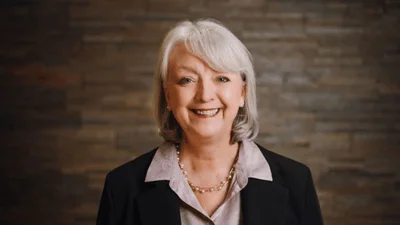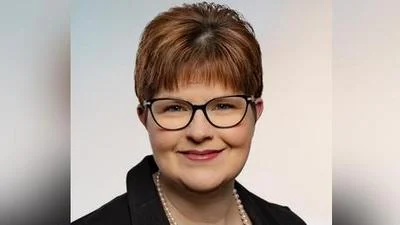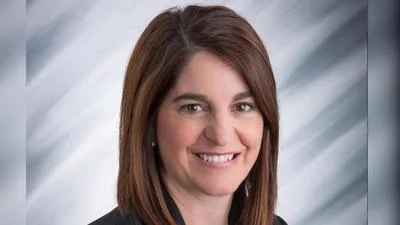Justin Hammers, Chief of Operations at IDOC | Illinois Department of Corrections oficial website
Justin Hammers, Chief of Operations at IDOC | Illinois Department of Corrections oficial website
The data shows that the released offender was a man. He was convicted in 2022 when he was 38 years old. He is now 40.
Commonly referred to as parole in Illinois, Mandatory Supervised Release (MSR) is a post-prison supervision period, in which individuals must follow specific rules like check-ins with parole officers; violations can lead to re-incarceration. Unlike parole, MSR is automatically required for all individuals released after serving a prison sentence.
In 2023, Gov. JB Pritzker signed a bill to reform Illinois’ Mandatory Supervised Release program. The law aims to reduce recidivism and reportedly create a more effective and equitable supervision system by incentivizing education, streamlining the review process, and expanding virtual check-ins.
“Our current supervision system too often operates unfairly, with rules that make it simply a revolving door back to jail,” Pritzker said at a bill signing ceremony in Chicago. “In fact, more than 25% of people who are released from prison in Illinois end up back behind bars, not because they’re recidivists, but instead for a noncriminal technical violation.”
A 2018 report from the Illinois Sentencing Policy Advisory Council indicated that 43% of released prisoners in Illinois return to prison within three years, costing taxpayers an estimated $152,000 per recidivism event.
| County | Total Number of Parolees | % Women | % Men | Median age |
|---|---|---|---|---|
| Cook County | 2 | 0% | 100% | 43.5 |
| Henry County | 1 | 0% | 100% | 40 |
| Kane County | 1 | 0% | 100% | 50 |
| Marion County | 1 | 0% | 100% | 41 |
| McHenry County | 1 | 0% | 100% | 31 |
| McLean County | 1 | 0% | 100% | 23 |
| Winnebago County | 1 | 0% | 100% | 30 |






 Alerts Sign-up
Alerts Sign-up